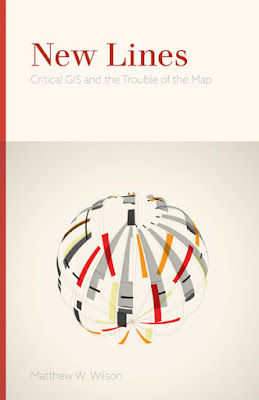Rethinking the 'Informed' Participant
Kevin Ramsey, PhD and I have just been notified that a manuscript we submitted for inclusion in an edited collection back in early 2006 has finally been published. The collection, Online Deliberation: Design, Research, and Practice, is available to download online through Creative Commons, or through The U. of Chicago Press. Online Deliberation is based on a conference of the same name held at Stanford in 2005. The nearly 400 pages and 30 individual chapters discuss the emerging ways in which deliberation and political participation more generally is situated online.
Our chapter, "Rethinking the 'Informed' Participant" enrolls basic ideas from critical cartography to discuss how information -- specifically maps -- might be critically drawn through a online deliberation. Here, we make minor inroads in the treatment of politics in deliberation:
Our chapter, "Rethinking the 'Informed' Participant" enrolls basic ideas from critical cartography to discuss how information -- specifically maps -- might be critically drawn through a online deliberation. Here, we make minor inroads in the treatment of politics in deliberation:
Supporting deliberation can be thought of as a project of shifting and controlling power relations among participants in such a way that results in a ‘level playing field’, where civil and equitable discussions over political matters can take place. The design of deliberative forums is often concerned with reducing obstacles to participation and ensuring that all background information is balanced and factual. Efforts are often made to reduce antagonisms and partisan politics, to ensure that discussions are reasoned and sensitive to multiple points of view. We wish to make a distinction between this more conventional treatment of politics—as something to be managed and minimized—with a conceptualization that acknowledges how politics permeates the very project of deliberation. (Ramsey and Wilson 2009: 260)We further touch on the potential implications for treating information in this way, and offer some design recommendations for those creating situations for online deliberation.


Comments
Post a Comment